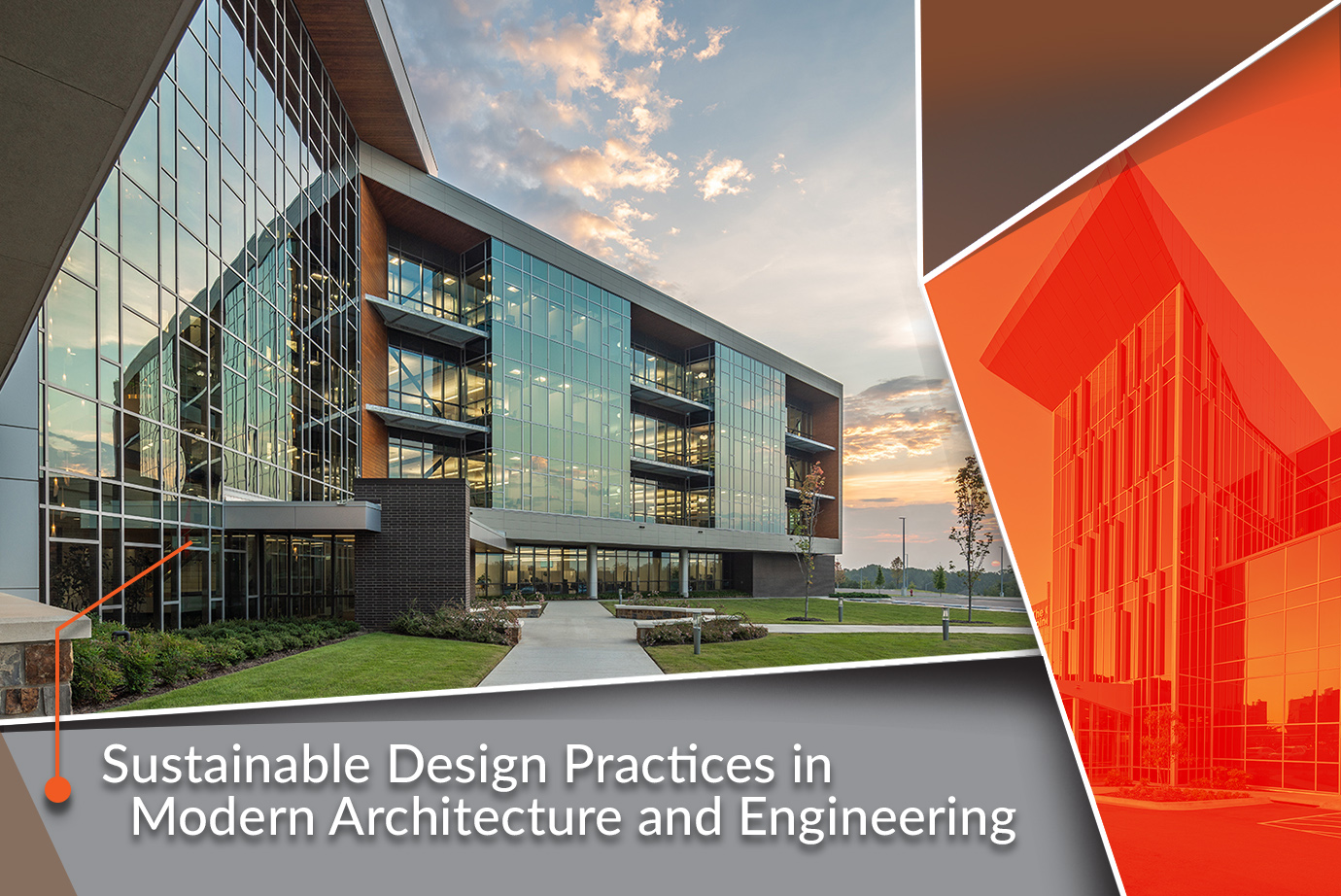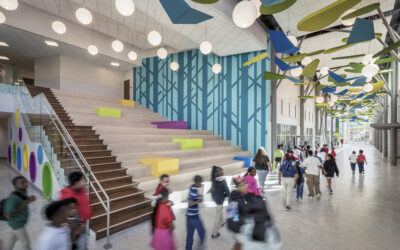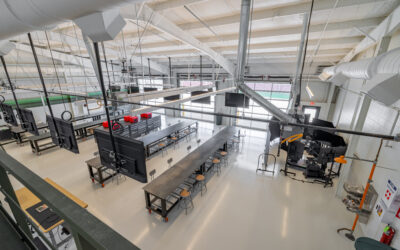In recent years, sustainable design has transitioned from a niche consideration to a cornerstone of modern architecture and engineering. As the global community grapples with climate change and resource scarcity, the integration of eco-friendly practices has become crucial in shaping the built environment. This shift not only aims to minimize the ecological footprint of buildings but also to enhance their efficiency and livability.
One of the key principles of sustainable design is energy efficiency. Modern architecture increasingly incorporates passive design strategies, such as optimizing building orientation to harness natural light and ventilation. For instance, large south-facing windows can significantly reduce the need for artificial lighting and heating. Moreover, advancements in building materials, such as high-performance insulation and low-emissivity glass, help maintain interior temperatures while reducing energy consumption.
Sustainable design also emphasizes the use of renewable resources. Architects and engineers are increasingly turning to materials with lower environmental impacts, such as bamboo, recycled steel, and reclaimed wood. These materials not only reduce the demand for virgin resources but also often come with a smaller carbon footprint. Additionally, green roofs and walls are gaining popularity for their ability to improve air quality, reduce heat island effects, and manage stormwater runoff.
Water conservation is another critical aspect of sustainable design. Modern buildings are incorporating advanced water-saving technologies, such as low-flow fixtures and rainwater harvesting systems. Sustainable landscaping practices, including drought-tolerant plants and efficient irrigation systems, further contribute to reducing water usage and enhancing ecological balance.
Moreover, the concept of sustainability extends to the life cycle of a building. Designers and engineers are now considering the longevity and adaptability of structures, aiming to create spaces that can be easily modified or repurposed over time. This approach not only reduces the need for new construction but also helps preserve historical and cultural contexts.
The integration of smart technology is another game-changer in sustainable design. Intelligent building systems can optimize energy use by adjusting lighting, heating, and cooling based on real-time data and occupancy patterns. This not only improves efficiency but also offers occupants greater control over their environment.
By focusing on energy efficiency, resource conservation, and adaptability, the architecture and engineering industries are paving the way for a more sustainable future. Sustainable design in modern architecture and engineering is more than just a trend—it represents a fundamental shift toward more responsible and thoughtful building practices. As these practices continue to evolve, they promise to create buildings that are not only environmentally friendly but also healthier and more resilient places to live and work.
Written by Hamoudi James with contributions by Tammy Siler & Josh Jones.




